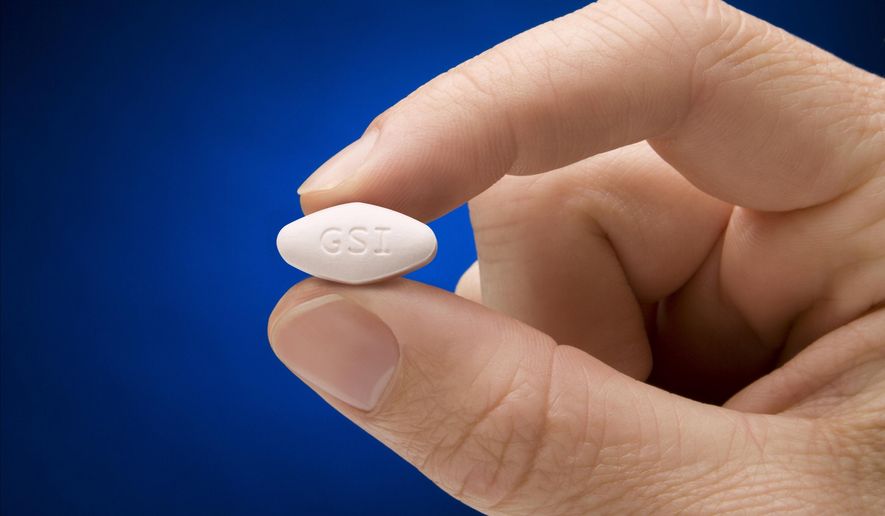Louisiana has become the first state to use a subscription plan to cover medication costs for patients on Medicaid or in jail in an experiment that health care policy analysts say could serve as a national model for managing rising drug prices.
The state will pay $60 million a year over the next five years to gain unlimited supplies of a cure for hepatitis C. With a goal of serving 80% of its infected residents, Louisiana began treating its first patients under the subscription plan last week.
“The basic idea here is, ‘Let’s give these profits upfront to the pharmaceutical firm but also dramatically improve access because price is not a barrier,’” said Neeraj Sood, a professor at the University of Southern California’s Sol Price School of Public Policy.
Less than 3% of Medicaid patients and 1% of inmates have access to the cure, Mr. Sood said Monday during a panel discussion at the Brookings Institution.
Drugs for combating hepatitis C, which can severely damage the liver, can cost more than $70,000 for a three-month course of treatment.
Rebekah Gee, secretary of the Louisiana Department of Health, said the state is aiming to treat 32,000 people within five years. The goal is to treat the first 10,000 patients by July 15, she said during the panel discussion.
Although she was unsure about the cost savings, Ms. Gee said the subscription plan could save the state hundreds of millions of dollars while providing more treatment to those suffering from the disease.
“We have a cure, and it is unacceptable that in this day and age we cannot provide it and have people suffering, bleeding internally and dying unnecessarily because of the price — just simply unacceptable,” she said.
Louisiana struck a deal with pharmaceutical firm Gilead Sciences, producer of the hepatitis C cure called Epclusa, which costs $74,760. A subsidiary of Gilead will provide the state with a generic version of the drug costing $24,000.
Ms. Gee said the state was burdened with a $2 billion deficit yet had a high demand for hepatitis C drugs.
The Centers for Disease Control and Prevention, using its most recent data, estimated that there were more than 41,000 acute hepatitis C cases in the United States in 2016. More than 18,000 deaths related to hepatitis C were reported that year. An estimated 3.5 million people in the U.S. live with chronic hepatitis C, according to the CDC.
A cure for the bloodborne virus was developed in 2014.
Mr. Sood said current pricing systems for lifesaving medications prevent most people who need them from acquiring them.
Jason Shafrin, senior director of policy and economics for Precision Xtract, said the fundamental problem with drug prices is the high cost for a pharmaceutical company to put the first drugs on the market.
He said subscription pricing could increase patient access by making additional treatments free, decrease financial risk since costs are predictable for payers and manufacturers, and fund the next breakthrough treatment if the subscription is priced right and set high enough to reward innovation.
Other proposals to address rising costs include a federal plan to match international prices and President Trump’s executive order for drug manufacturers to display prices in their advertising.
Wendell Primus, a senior policy adviser on budget and health issues for House Speaker Nancy Pelosi, California Democrat, said he thinks Mr. Trump and his team want to lower drug prices but they do not have the authority to do so.
He called Louisiana’s plan “truly exciting” but said he thinks Big Pharma will “argue very hard” against such drug price negotiations. He noted that it took Louisiana more than two years to implement its subscription plan.
• Shen Wu Tan can be reached at stan@washingtontimes.com.




Please read our comment policy before commenting.